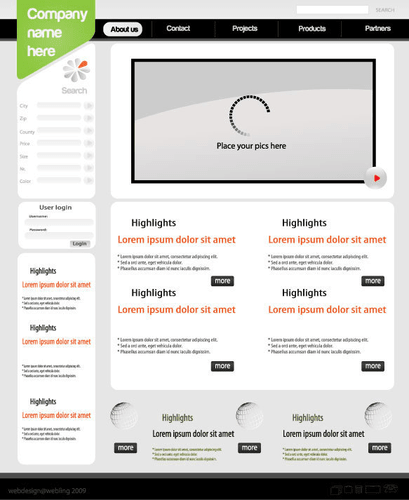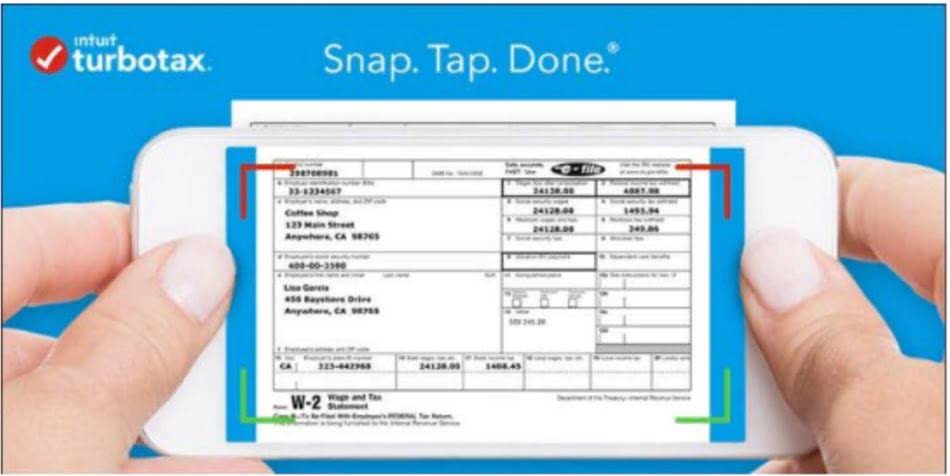
A business plan may be required if you plan to apply for business financing from banks or investors. Unlike the requirements to become an accountant, the training required to become a bookkeeper is less strenuous. It’s possible to find and complete an online training program from home. If you pay too much, it could take months to get your tax refund—money your business might need to survive. This step may be the most important aspect of beginning a successful bookkeeping business.
Acquiring Bookkeeping Skills

An accountant may interpret the financial records that a bookkeeper compiles, in order to assess a company’s financial health. Becoming an accountant usually requires more training https://www.bookstime.com/articles/cash-short-and-over-account and education than bookkeeping and can be a good next step in your financial career. In fact, you can even deduct your home office space from your annual tax returns.
Closing Accounts
The best software seamlessly syncs with your bank accounts, automates transaction categorization, allows collaboration, and provides mobile access with real-time reporting. A strong understanding of your business’s financial health is essential to the success of your company. Startup accounting provides startup bookkeeper valuable insight into your startup’s cash flow and also allows you to make financial projections. Most importantly, it ensures that your startup is staying compliant. Accounting software has made manual bookkeeping obsolete, but some small business owners record transactions by hand to save money.
Market Your Business

Plus, it can save you money on your taxes when you file your yearly income tax return. It is important that all financial information submitted to the IRS is accurate. Effective startup accounting helps ensure that your business stays tax-compliant. This guide to accounting for startups walks you through what you need to know about startup accounting, generally accepted accounting principles, and the best accounting software for startups. For example, it might be best to perform a bank account and credit card reconciliation and enter all cash transactions each month. Once a quarter, you could then review your financial statements and make adjusting journal entries as necessary.
- Too little and you aren’t fairly compensated for your work; too much and you’ll have a tough time competing with other bookkeeping businesses.
- Bookkeepers manage a company’s financial accounts, ensuring they are accurate and easy to review.
- You’ll also need to choose a bookkeeping software for your bookkeeping business.
- Startup bookkeeping is similar to bookkeeping for any small business.

The most sought-after credential is the Certified Public Accountant (CPA) license, which is necessary for any accountant who files a report with the Securities and Exchange Commission (SEC). Other common options include the Certified Management Accountant (CMA) or Chartered Global Management Accountant (CGMA) designations. Certification is not always mandatory but can enhance your resume and demonstrate expertise.
Insurance can cover both the cost of settling a lawsuit and the lawyer fees to defend against a lawsuit. In addition to tax consequences, your personal liability in the event of a lawsuit can vary dramatically by business structure, so be sure to consult with an attorney. You’ll also need one year of experience before applying for the license. If you’ve had college accounting courses, you might be able to substitute them for required courses, but you’ll still need to pass each exam. According to the latest rate survey published by Intuit, bookkeepers average $75 per hour (up from $69 an hour in 2019)—not bad for a business you can start for about $100.

You will be the one putting the work in, so creating a personalized business model will be what sets you apart from competition, and what will get you the most fulfilling feedback. Kruze uses a proprietary software that plugs into QuickBooks and it categorizes about 70% of the transactions, and automatically. And we complement that automated bookkeeping with high-quality staff accountants.
- If so, you’re in the right place to learn about taking the steps to help you go from idea to reality.
- Assuming that the startup has a bookkeeping software like QuickBooks Online set up, we recommend one of the founders DIY the books until the company has raised a reasonable amount of funding.
- Shop around for your software, and don’t just look for in-product features.
- So if you are raising money, especially from professional or experienced investors, you’ll need to choose a Delaware C Corp as your entity type.
- However, not all founders are trained finance professionals – software and financial packets are only half the story.
- It usually takes about six months of practice to get the hang of it.
- That’s partly because bookkeeping businesses don’t have a lot of barriers to entry or even a lot of startup costs to worry about.
- Business owners alike know that the more you put in, the more you’ll get out.
- We’ll start with a brief questionnaire to better understand the unique needs of your business.
- For example if a business records its invoices before they are paid, this is considered accrual accounting.
While it’s tempting to offer your services online to a worldwide audience, it adds a lot of complexity to your operations. You should plan on paying for help with online advertising, web design, search engine optimization (SEO), and website content management. Opening a business bank account can make it easier to keep track of what funds go in and out. You can open a business bank account at a traditional bank, credit union, or online bank.
